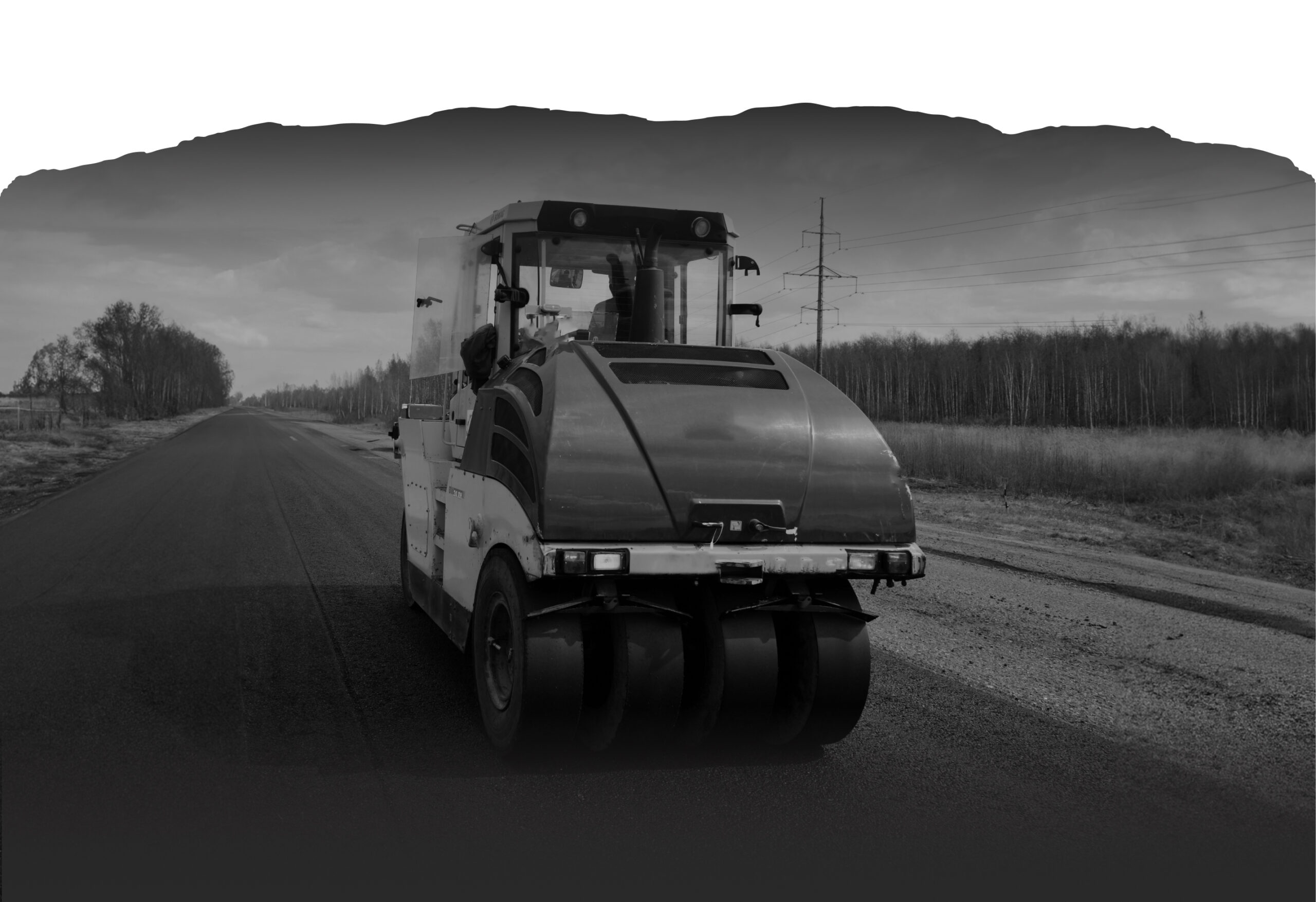A Brighter Future With Sustainable Asphalt Materials

Introduction
Asphalt materials play an integral role in our society as the cornerstone of our transportation infrastructure. From municipal roads to airport runways, the flexible and durable nature of asphalt helps keep the world productive, secure, and connected. However, as environmental concerns and sustainable practices grow in importance, organizations responsible for road maintenance are looking into alternatives to manufactured asphalt.
Manufactured asphalt’s dependency on crude oil and large energy consumption becomes increasingly problematic as the demand for infrastructure development continues to rise. But there is a bright future in sustainable asphalt materials, with recycled and natural alternatives helping reduce environmental impact and promote long-term viability. Opting for sustainable asphalt materials not only reduces the environmental impact of road development but can also enhance the durability of roadways and decrease their overall costs of construction in the process.
The Evolution of Asphalt Materials
From ancient civilizations’ use of natural bitumen to the sophisticated asphalt mixtures of today, asphalt materials have undergone a remarkable evolution throughout the course of history. Civilizations such as the Egyptians and Babylonians utilized naturally-occurring bitumen to pave roads and waterproof structures. Fast-forward to the 19th century, and the industrial revolution sparked significant advancements in asphalt technology.
The pioneering work of Edmund J. DeSmedt in the United States led to the development of modern asphalt concrete for road construction. This innovation laid the foundation for the widespread use of asphalt in the 20th century. As the demand for paved roads soared after World War II, more and more asphalt was artificially manufactured from distilled crude oil and rock aggregate to keep up.
In the modern era, asphalt’s evolution has been marked by innovations such as the development of recycled materials, polymer-modified asphalts, warm mix asphalts, and even returning to more sustainable, natural asphalt materials, like RockAsphalt©. These innovations not only expand the range of applications but enhance the environmental friendliness of asphalt materials.
Reduced Carbon Footprint in the Manufacturing of Asphalt Materials
As the world’s focus on sustainability intensifies, the construction industry is also making strides in reducing its carbon footprint. One such development is the push for sustainable asphalt materials in road construction. The incorporation of recycled materials and bio-based binders is helping to mitigate the environmental impact of paving projects. Another eco-friendly approach growing in popularity is the use of natural asphalt.
Materials naturally imbued with bitumen, such as RockAsphalt©, form a bond solely on compaction. This eliminates the refining of petroleum to produce asphaltic binders, an additive that many manufactured asphalts rely on to form a bond. This not only offers a significant reduction in greenhouse gas emissions but also provides a durable asphalt material that saves energy both in the manufacturing and application of the material.
Saving Energy in the Application of Asphalt
While the manufacturing of asphalt is a large barrier to overcome in the journey towards sustainability, it’s not the only hurdle. Sustainable materials can also help save energy in the application of asphalt itself. Traditional materials like hot mix provide durable and long-lasting road infrastructure but require enormous amounts of energy in the process. From keeping the material heated to workable temperatures to maintaining and fueling the machinery used for application, the lengthy process of hot mix demands a tremendous amount of energy and resources.
Breakthroughs in asphalt technology are helping reduce how much energy is consumed in this application process. Innovations such as warm mix asphalt are produced and applied at lower temperatures than hot mix. With an internal temperature ranging between 275°F to 300°F, warm mix is helping cut back on the amount of energy used to pave with heated asphalt.
However, there are materials that require even less energy than warm mix. Natural asphalt conserves massive amounts of energy because the material provides a streamlined application process that doesn’t require specialized tools or heating. This not only opens the window for when road construction is performed, but reduces the amount of time, energy, and resources required to do so.
Waste Reduction of Asphalt Materials
While asphalt is one of the most recycled materials in America, with some of the earliest forms of recycling asphalt dating back to the early 20th century, it also heavily contributes to waste. Bulk cold mix can prove especially problematic. When repairs made with cold mix fail or must be replaced with more durable materials, the cold mix must be disposed of. Additionally, cold mix that is stored outside for long periods of time becomes stale and unworkable. This unusable material is then disposed of, contributing to landfills and wasted resources.
The use of recycled asphalt materials is helping reduce waste by limiting the amount of virgin aggregate and asphalt binder used in road maintenance. This sustainable practice reclaims existing asphalt, diverting a significant amount from ending up in landfills. The integration of recycled materials not only offers a solution for reducing the amount of newly manufactured asphalt but extends the life span of existing materials.
Natural asphalt materials, such as RockAsphalt©, play a vital role in reducing waste in construction. Utilizing natural asphalt minimizes the need for synthetic additives and reduces the environmental impact of traditional asphalt production. Additionally, natural asphalt materials often lead to more sustainable and durable infrastructure, as natural asphalt boasts some of the most long-lasting and durable asphalt surfaces.
Regulatory Compliance and Incentives for Using Sustainable Asphalt Materials
As environmental consciousness becomes increasingly important, the use of sustainable asphalt materials is crucial for regulatory compliance and financial incentives within the construction industry. Municipalities across the country are embracing recycled and natural alternatives to transform their infrastructure and contribute to a greener future.
Furthermore, incentives provided by local and state governments serve as a catalyst for the widespread adoption of sustainable asphalt materials. These incentives, ranging from tax breaks to grants, encourage municipalities to invest in eco-friendly paving solutions, ultimately leading to reduced carbon emissions and preservation of natural resources. By transitioning away from manufactured asphalt materials, municipalities are setting a precedent for other communities to follow suit.
Paving the Way with Sustainable Asphalt Materials
As the world grows increasingly conscious of environmental concerns, opting for sustainable asphalt materials is not only a responsible step forward, but one that provides a myriad of benefits ranging from more durable roadways to tax incentives. Whether you choose to utilize recycled asphalt materials, materials that consume less heat, or natural alternatives like RockAsphalt©, you’re making a decision that not only offers immediate benefits, but also helps take care of future generations.

Ready to do road repairs the fast & easy way?
RockAsphalt© replaces cold and hot mix making road repair of all sizes fast, clean, simple and permanent the first time.
Try it for yourself and learn why crews love it.
Get your free sample bags and have your team see how fast and easy it is to permanently fix potholes.


